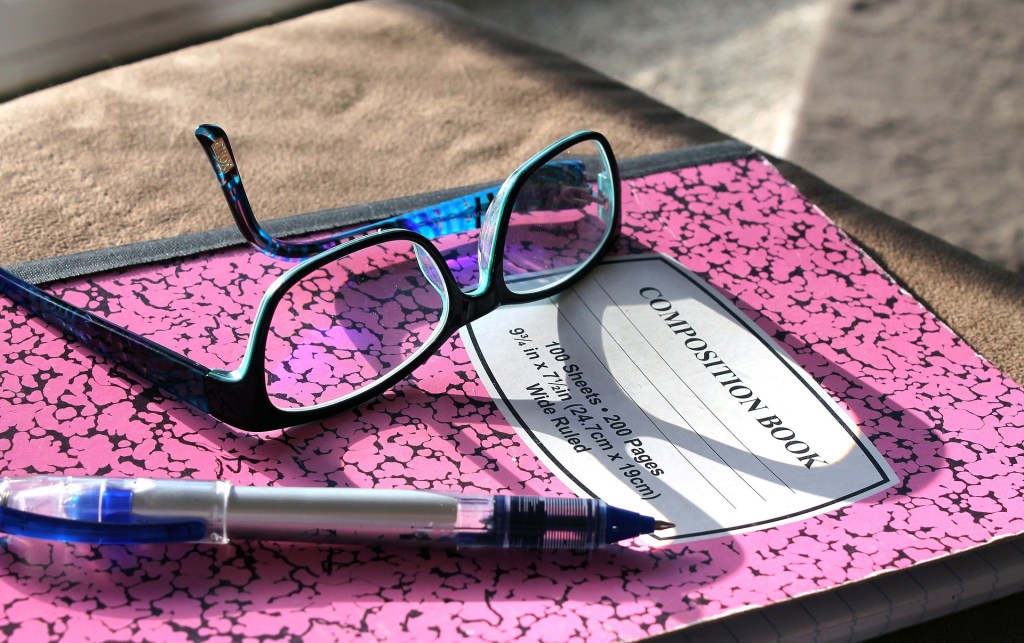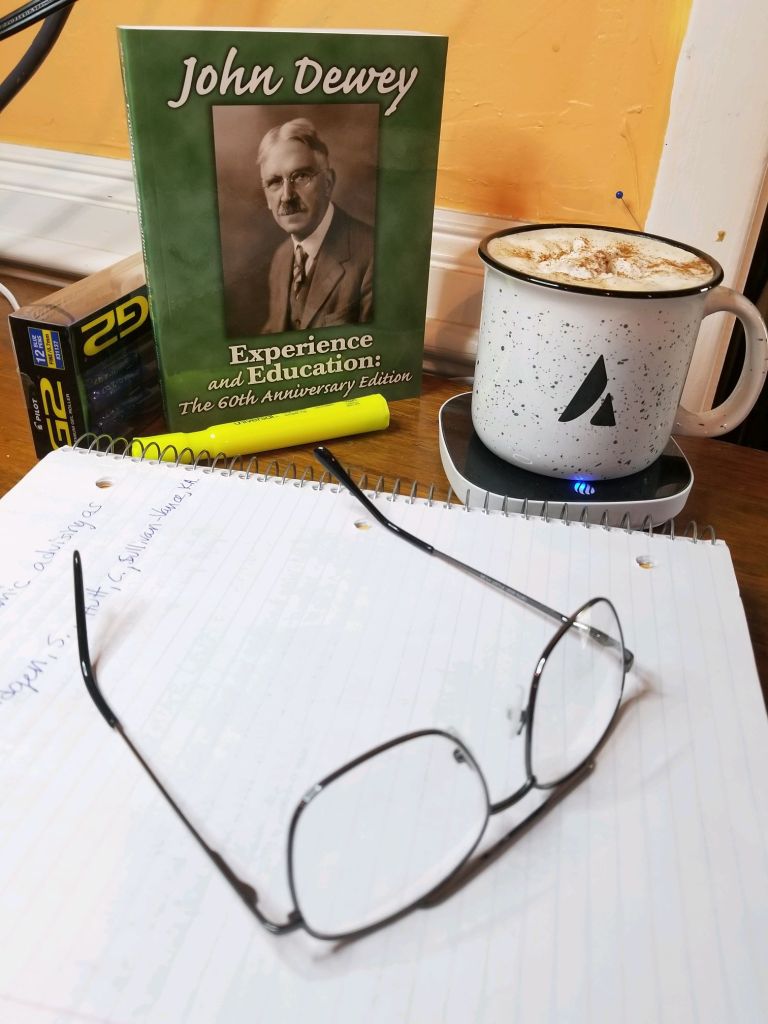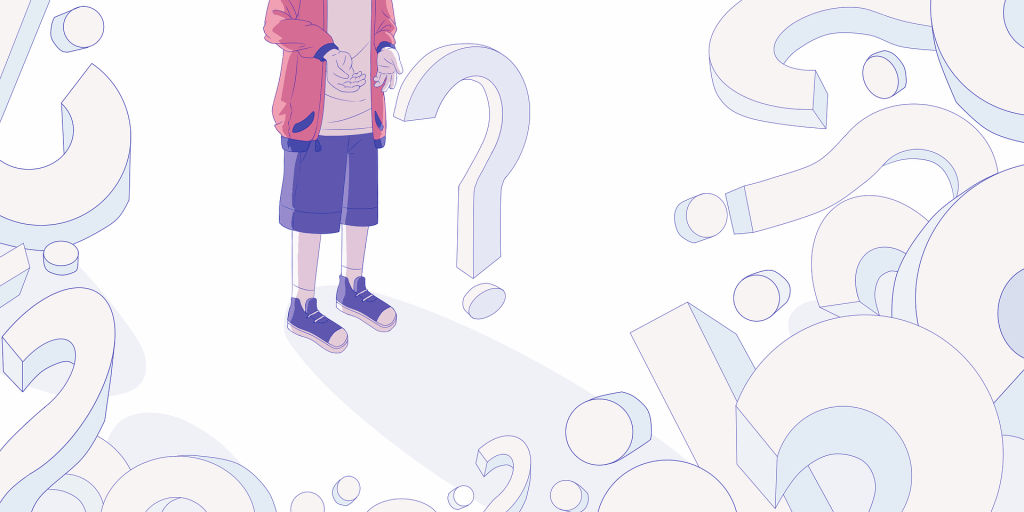Measurement Strategy Course
- Spring 2023
- Course Number: EDLD 5315
- Course Title: Assessing Digital Learning and Instruction
Contributions to learning and learning community
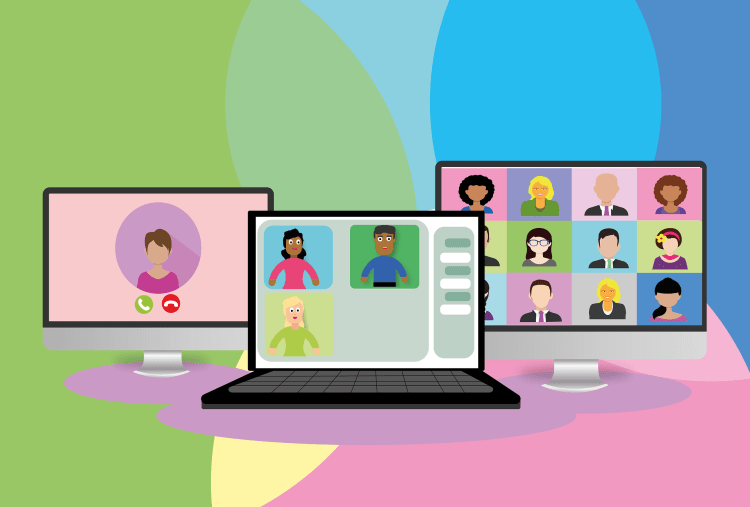
I am giving myself a score of 97 out of 100
Crediting Core Group Members: Annababette Diemecke, Ashleigh Carter, Kristin Winzer, Patrick Rodriguez, and Valary Patterson
Crediting Collective Members: https://advising.blog/collaborations/
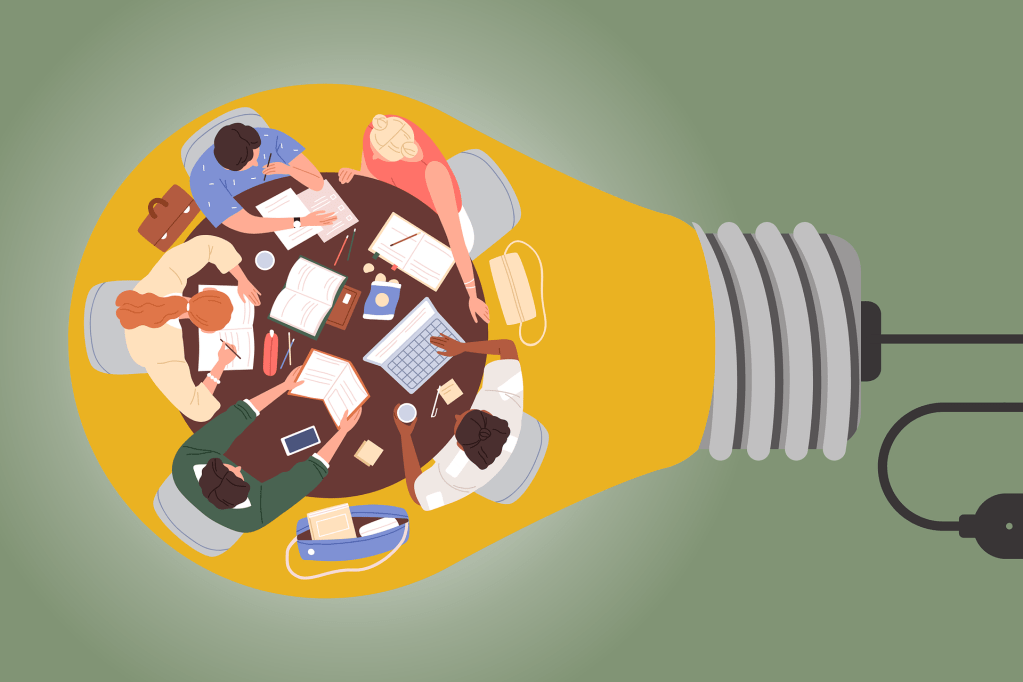
Key and Supporting
Contributions
Since I am not pursuing the accelerated path to program completion, I do my best to welcome new members to the learning community and help foster connections for others interested in similar projects. Many of us have stayed active in our collaborative group through a Google Drive and a GroupMe chat, both of which I host for the group.
Our learning community is committed to supporting one another. I have witnessed the power of the collective as members with no common classes come together to troubleshoot a website issue or clarify an assignment. Anytime, day or night, someone is willing to give support. I am excited to help foster that learning environment for myself and my classmates. I always ensure that I provide helpful feed-forward to my core collaboration group and all the members of the ADL Collective GroupMe chat.
I continue to refine, revisit and revise all prior assignments throughout this course, and this session pushed me to look objectively at my innovation plan. Learning about action research, struggling through writing challenges, and putting everything together into the final compilation continues to make this experience authentic. I can see my innovation coming to life. I am prepared to implement the strategies learned throughout.
I dissected the assigned course readings and pursued my information on the topics of this session. Specifically, throughout my literature review, I continued to deepen my learning on my topic as I followed links from cited sources.
I always met the course activity deadlines and posted discussion prompts and replies in hopes of engaging in a dialog about the action research process.
I engaged in every opportunity presented by hosting Zoom sessions and attending all class meetings and office hours. I engage in chat threads to review assignments, clarify questions, and provide support. I always cite source material in blogs and discussion postings. I have actively shared additional sources of information on the topics we study to offer breadcrumbs to my classmates and future ADL students and to further my understanding. I have truly embraced the learners’ mindset.
Reflections
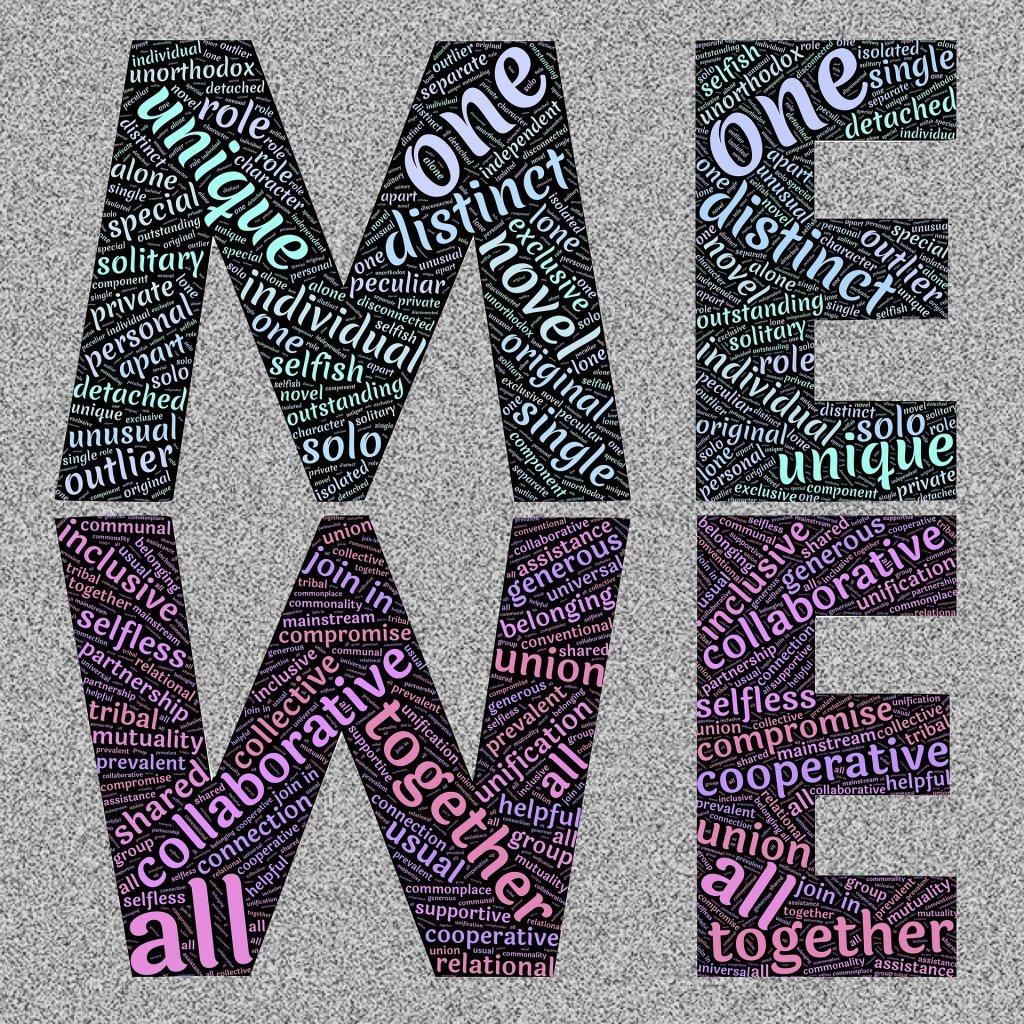
What Worked?
In the simplest terms? The Learners’ Mindset
Embracing the opportunity to learn even more about my innovation plan worked. Completing my second literature review was an immense learning experience overcoming fears and self-doubt.
Sharing my writing struggles through blogging was also helpful throughout the learning process. As I worked through learning about action research, I blogged about the experience and my thoughts on narrowing my topic. I see the benefits of doing the work and evaluating the learning process.
The support given and found throughout the ADL Cohort Collective GroupMe chat is still the most humbling thing to witness. I created this group chat after losing all the members of my first learning community. Out of a desperate need to find myself a learning community, I founded a support group that I hope will continue long after I complete the program.
What could be better?
The semester had an unusual survival feel to it. I found myself craving the discussions and interactions my classmates and I have had over the last several semesters. I am trying to determine if the course material had everyone deep in the research process or if it was the time of the year keeping everyone busy with work and family commitments.
I kept giving support and encouragement by checking in with community members. The term seemed detached, collectively.
We still came together when a member needed help, but there were fewer in-depth conversations about our projects. Again, likely because of the nature of academic research and writing. I would have liked to experience more discussion on each course component. We had a few Zoom sessions and worked through assignments, but I missed learning with my classmates at the level we had in the past.

